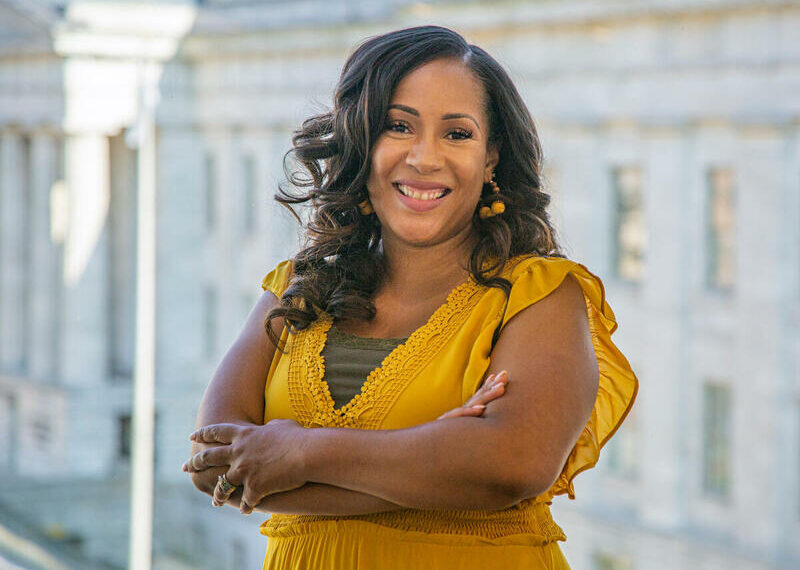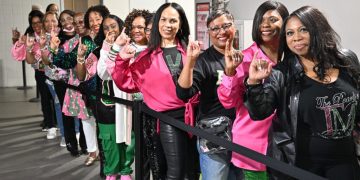Yesterday, Greenpeace announced the installment of Ebony Twilley Martin as its new Co-Executive Director. Martin is the first Black woman to hold the position, and she had already made it known that she intends to bring more diversity to the environmentalism table.
Please join us in welcoming our new Co-Executive Director: Ebony Twilley Martin!? @Ebony_4_Justice is the first Black woman ED of a national legacy environmental organization in the United States — a historic moment for Greenpeace. pic.twitter.com/jTTcrva5S7
— Greenpeace USA (@greenpeaceusa) September 9, 2021
Twilley Martin first became interested in the environment after her toddler son’s doctor attributed his asthma environmental factors within her neighborhood back in 2008.
At the time, Twilley Martin and her family were living in subsidized housing in Prince George’s County, Maryland. The area was rife with pollution from automobiles and had little greenery.
“That stuck with me and hurt me,” Martin said. “I began to research, and I learned that Black and brown children are disproportionately impacted by asthma that’s induced by the environmental conditions they’re in. I was like, ‘What can I do?’”
Environmental racism is real. In 2018, the Environmental Protection Agency reported that people of color are more likely to live near businesses that worsen pollution and breathe polluted air.
The racist practice of redlining left many Black people in communities where massive industrial polluters were allowed to set up in those neighborhoods. Unfortunately, most environmentalism movements overlook this fact.
The previous administration went through extraordinary steps to roll back the environmental protections that were in place, over 100 to be exact.
Twilley Martin joined Greenpeace in 2013 and began her work to bring Black, Indigenous and other people of color into the fight for environmental justice.
According to Greenpeace, Twilley Martin has recruited more Black people into leadership positions, strengthened its recruitment and compensation practices, and implemented new sexual harassment policies.
In her new role, she plans to focus on diversity in environmental matters and pursue justice and equity at domestic and international levels.








